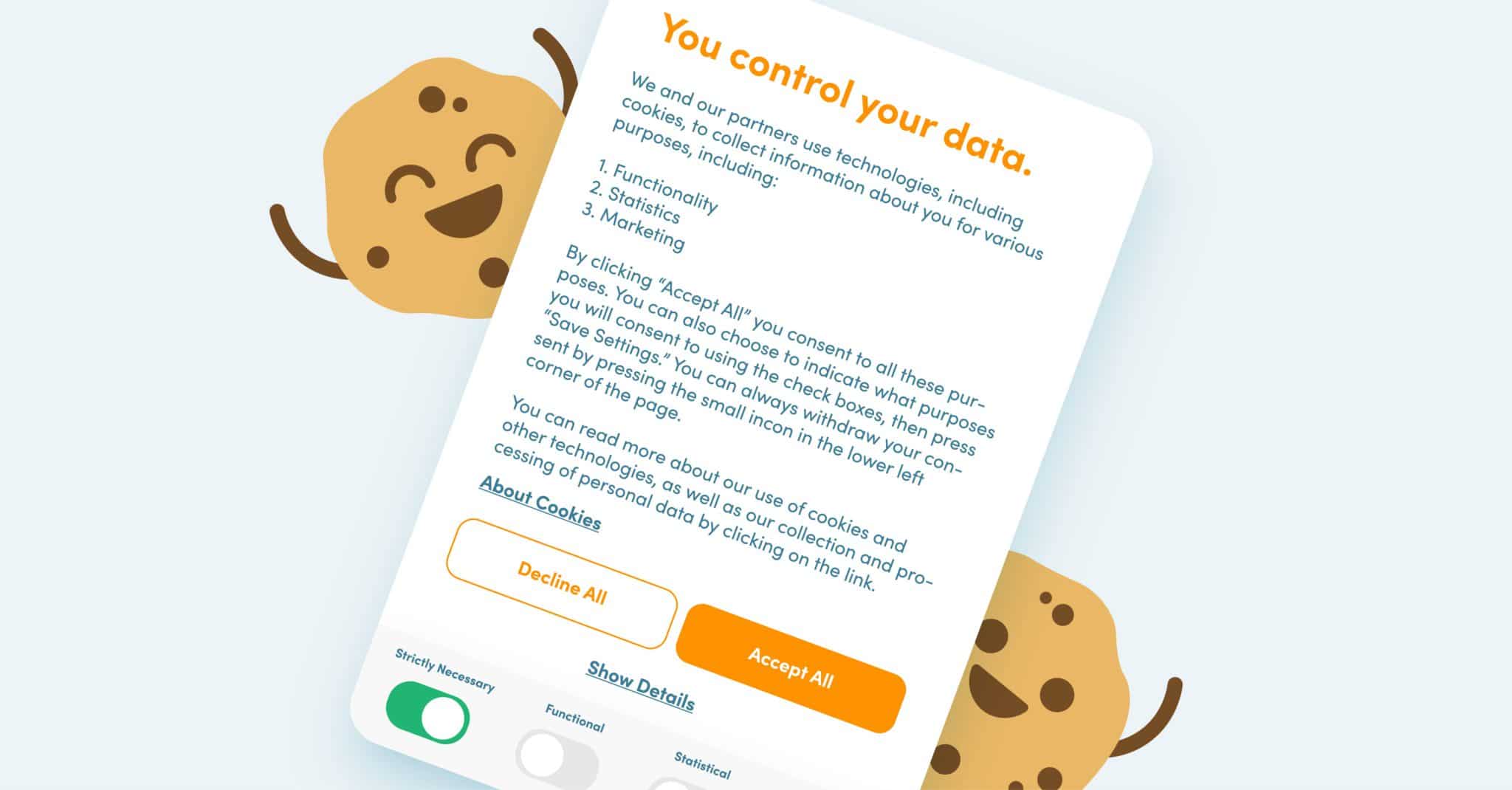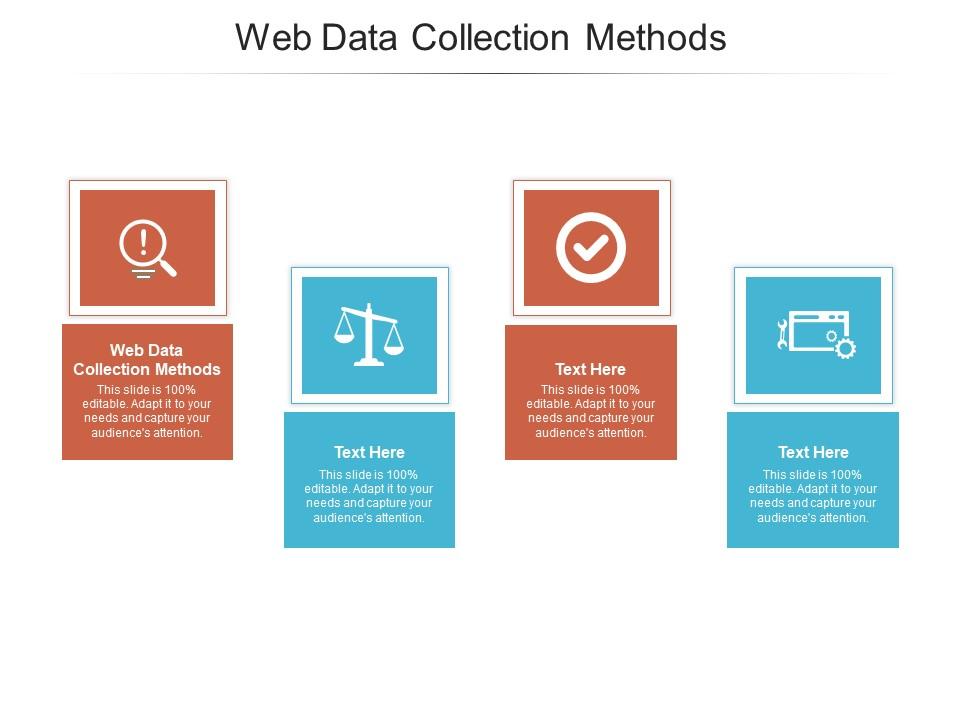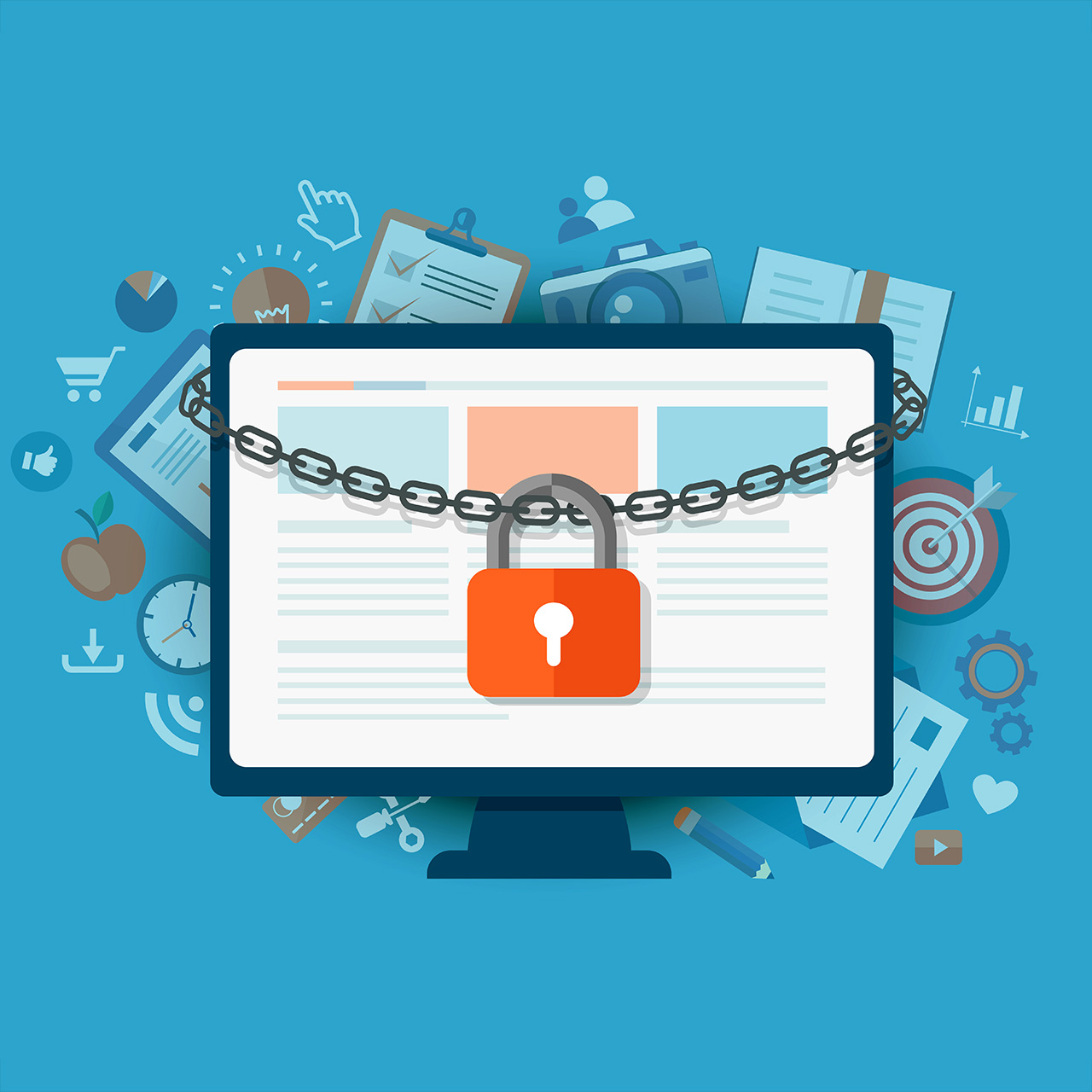The Dark Side of Personalization: How Microsoft’s Data Collection Affects You
As I sat at my desk, sipping my morning coffee, I couldn’t help but feel a sense of unease as I scrolled through my MSN homepage. The ads seemed to know me a little too well, and the content was tailored to my interests with an uncanny precision. It was as if Microsoft had a window into my soul.
But how does Microsoft manage to achieve this level of personalization? The answer lies in their use of cookies and data collection. According to their privacy statement, Microsoft and its third-party vendors use cookies to store and access information such as unique IDs to deliver, maintain, and improve their services and ads.
 The cookies that track you
The cookies that track you
This may seem harmless on the surface, but the implications are far-reaching. By consenting to Microsoft’s data collection, you are essentially allowing them to build a detailed profile of your online activities. This information is then used to deliver targeted ads and content that is designed to keep you engaged for as long as possible.
But what about my right to privacy? Don’t I have the right to control what information is collected about me? The answer is yes, but it’s not as simple as just opting out. Microsoft’s data collection is a complex web of partnerships and third-party vendors, making it difficult to know exactly who has access to your data.
 The complex web of data collection
The complex web of data collection
So what can you do to protect your privacy? The first step is to review Microsoft’s privacy statement and understand exactly what you’re consenting to. You can also exercise your right to object to legitimate interest, which allows you to opt out of certain types of data collection.
But the real question is, do we really have a choice? In today’s digital landscape, it’s becoming increasingly difficult to avoid data collection altogether. As consumers, we need to be aware of the trade-offs we’re making when we use these services.
 The trade-offs of data collection
The trade-offs of data collection
In conclusion, Microsoft’s data collection may seem like a minor inconvenience, but it has far-reaching implications for our privacy and online security. As consumers, it’s up to us to be aware of the risks and take steps to protect ourselves. By understanding how our data is being used, we can make informed decisions about the services we use and the information we share.
 Take control of your data
Take control of your data


 Photo by
Photo by 












